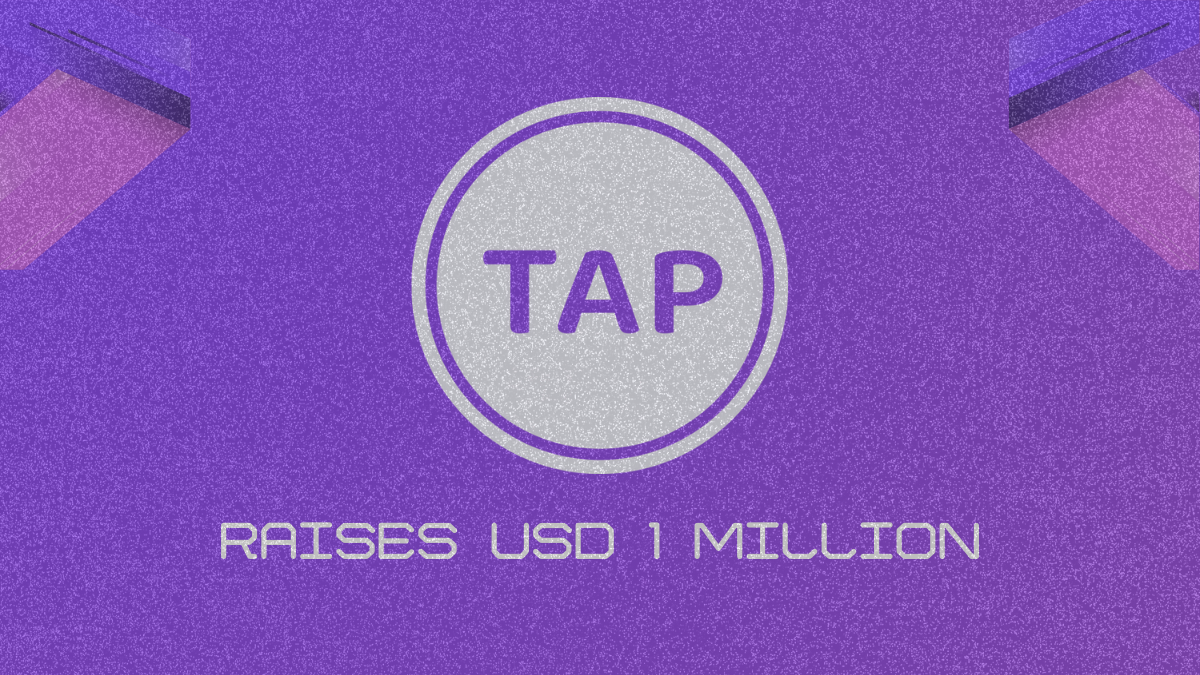AI Startup Builder.ai Faces Insolvency as Google Revives Smart Glasses Venture

4 min
Builder,ai, once valued over a billion dollars, has entered insolvency proceedings.
The startup faced leadership crises, financial doubts, and inflated sales figures.
Formerly Engineer.
ai, it attracted over $450 million by promising AI-driven app creation.
Google aims for a fresh start with smart glasses, partnering with Warby Parker.
Their new AI model, Gemma 3n, is designed for phones and requires less RAM.
There’s some trouble brewing for the Microsoft-backed AI startup Builder.ai, once a shining star valued at over a billion dollars. The company has officially confirmed it has entered insolvency proceedings and taken steps towards administration.
Builder.ai, formerly branded as Engineer.ai Corporation, had earned a sizeable reputation—and attracted serious investor money—for its seemingly impressive software platform. Its big promise was to enable even novices to whip up their own websites and apps through AI automation, cutting out tricky and often costly coding. Investors poured over $450 million into the startup over the years, captivated by its promise of streamlined app-building.
However, things haven’t exactly run smoothly behind the scene. Over recent months, Builder.ai grappled publicly with leadership crises and serious doubts about its finances. Just this March, Bloomberg reported that the company had to drastically cut its own revenue expectations by about 25% for the latter half of 2024. Troublingly, former employees also came forward claiming Builder.ai had regularly inflated its sales figures—by more than 20% at times—which raised some serious eyebrows.
Builder.ai responded by hiring external auditors to take a good look at the books. But by February, it was clear new leadership was sorely needed, with Manpreet Ratia stepping in as their latest CEO to steady the ship. It's a role, it seems, that's proving increasingly tricky, with a spokesperson for the company describing current developments with real sadness.
"Despite the tireless efforts of our current team and exploring every possible option, the business has been unable to recover from historic challenges and past decisions that placed significant strain on its financial position," the spokesperson elaborated in a statement earlier this week. Their focus now, the company says, is firmly set on supporting their employees, customers, and business partners through what is undoubtedly a challenging time.
Of course, this certainly isn't Builder's first brush with controversy. Back when it still carried the Engineer.ai brand, a minor scandal emerged when the Wall Street Journal revealed the company's claims of automation weren’t quite what they had hyped. It turned out human programmers had been doing a lot of the heavy lifting behind the scenes, contrary to marketing boasts.
Meanwhile, across Silicon Valley, Google seems ready to brave the stormy waters of smart glasses once more. This week at Google I/O 2025, Sergey Brin—a surprise guest on stage—admitted candidly to past missteps with Google Glass. "I made a lot of mistakes," Brin confessed, explaining he’d underestimated how challenging and costly it truly was to crack the consumer electronics supply chain. This time around, though, Google has assembled an impressive team of partners, including Warby Parker, hoping they'll help prevent history from repeating itself.
That partnership comes with a hefty $150 million commitment from Google—part investment, part collaborative product development—in the hope of launching consumer-friendly smart specs that combine the tech giant’s Android XR with Warby Parker's market-tested style. Let’s face it, you'd probably rather be seen sporting a pair of fashionable Warby Parkers down the local High Street than looking like you've stepped off a sci-fi movie set.
Brin himself, who seemingly re-emerged from retirement for Google's recent AI initiatives like Project Gemini and Veo 3, believes the evolution of generative AI makes wearable smart glasses a far more viable proposition than they were a decade ago: "Anybody who's a computer scientist should not be retired right now," he quipped, highlighting how critical AI development has become.
Google also unveiled their latest lightweight AI model, Gemma 3n, targeted specifically at phones, laptops, and other everyday gadgets. Impressively, the compact model requires less than 2GB of RAM—perfect for running AI smoothly on your mobile without legends of lagginess. There are even spin-offs on the way, like MedGemma for health apps, and SignGemma, aimed at translating sign language into text—a brilliant initiative that’s likely to make a genuine difference for the deaf and hard-of-hearing community.
Still, the jury is out on Gemma's somewhat contraversial licensing terms, with some developers wary of building a business around a technology they feel lacks commercial clarity. Although that hasn’t stopped millions of downloads already popping up online.
So, a rough patch for Builder.ai and a cautiously optimistic next chapter for Google's wearable ambitions—certainly proof, as we often remark at Arageek, that the tech world never stands still.
🚀 Got exciting news to share?
If you're a startup founder, VC, or PR agency with big updates—funding rounds, product launches 📢, or company milestones 🎉 — AraGeek English wants to hear from you!
✉️ Send Us Your Story 👇
 AI
AI Saudi Arabia
Saudi Arabia UAE
UAE Egypt
Egypt








